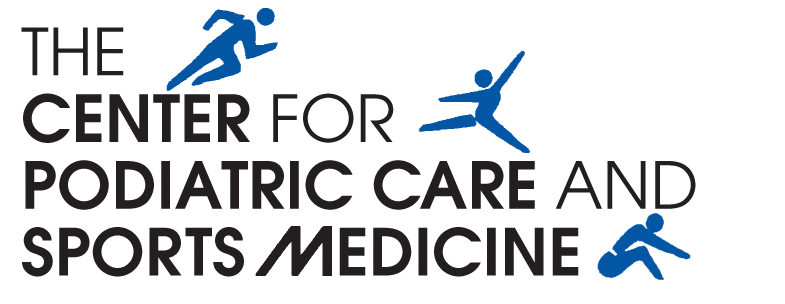Healing an Achilles Tendon Rupture
With summer upon us, more people will be enjoying all types of outdoor activities including running, basketball, softball and tennis. These sports bring friendly competition and physical exertion, but they can also bring a rather serious injury if you’re not careful. A ruptured Achilles tendon is one injury that will keep you sidelined for quite a while. Although not common, a ruptured Achilles tendon is an injury to avoid.
What is the Achilles tendon? The Achilles tendon is a strong fibrous cord that connects the muscles in the back of your leg to your heel bone. Damage it and you seriously hinder your ability to walk or run. If you injure it, you will most likely hear a ‘popping’ sound and feel very sharp pain. If you do, contact your podiatrist immediately.
How to avoid rupturing your Achilles tendon?
Stretch – stretch your calf and thigh muscles gently, making sure not to bounce or pull other tendons or ligaments. Stretching is always a good idea, both before and after an activity.
Vary your exercises – jog at half speed and then sprint at ¾ to full speed. Add variance of other exercises depending on the sport you are engaged in.
Be mindful of your ‘athletic’ surface – whether you are playing softball, basketball or running. Small unseen divots or wet surfaces are prime examples of tendon rupturing opportunities.
Increase your training slowly – don’t expect your body to recuperate any faster than it usually does. Challenge yourself with reasonable goals and your body will follow while increasing its strength and stamina.
If you do rupture an Achilles tendon, your podiatrist will have to take an x-ray to determine the best treatment.
Treatments vary, but can include:
Rest your foot – use crutches to get around.
Ice – apply cold compresses to reduce swelling
Pain medicine – take Tylenol or other similar medications.
Boot or cast – keep your foot and tendon immobile by placing it in a cast with your foot pointed down
Surgery – it may be necessary for your podiatrist to stitch together the torn tendon
Once the above is completed, physical therapy will also be needed for a full recovery.
Daily foot care is an important aspect of any healthy lifestyle. If you start to experience regular foot pain, it’s best to see a podiatrist as soon as possible to avoid further damage. At Park 56 Podiatry, our podiatrists Jonathan Levy, DPM and Nadia Levy, DPM, can work with your unique arch structure and keep you moving happily. Call our office at 212-980-6487 or make an appointment today using our online appointment request form at our office conveniently located in Midtown East, Manhattan.


